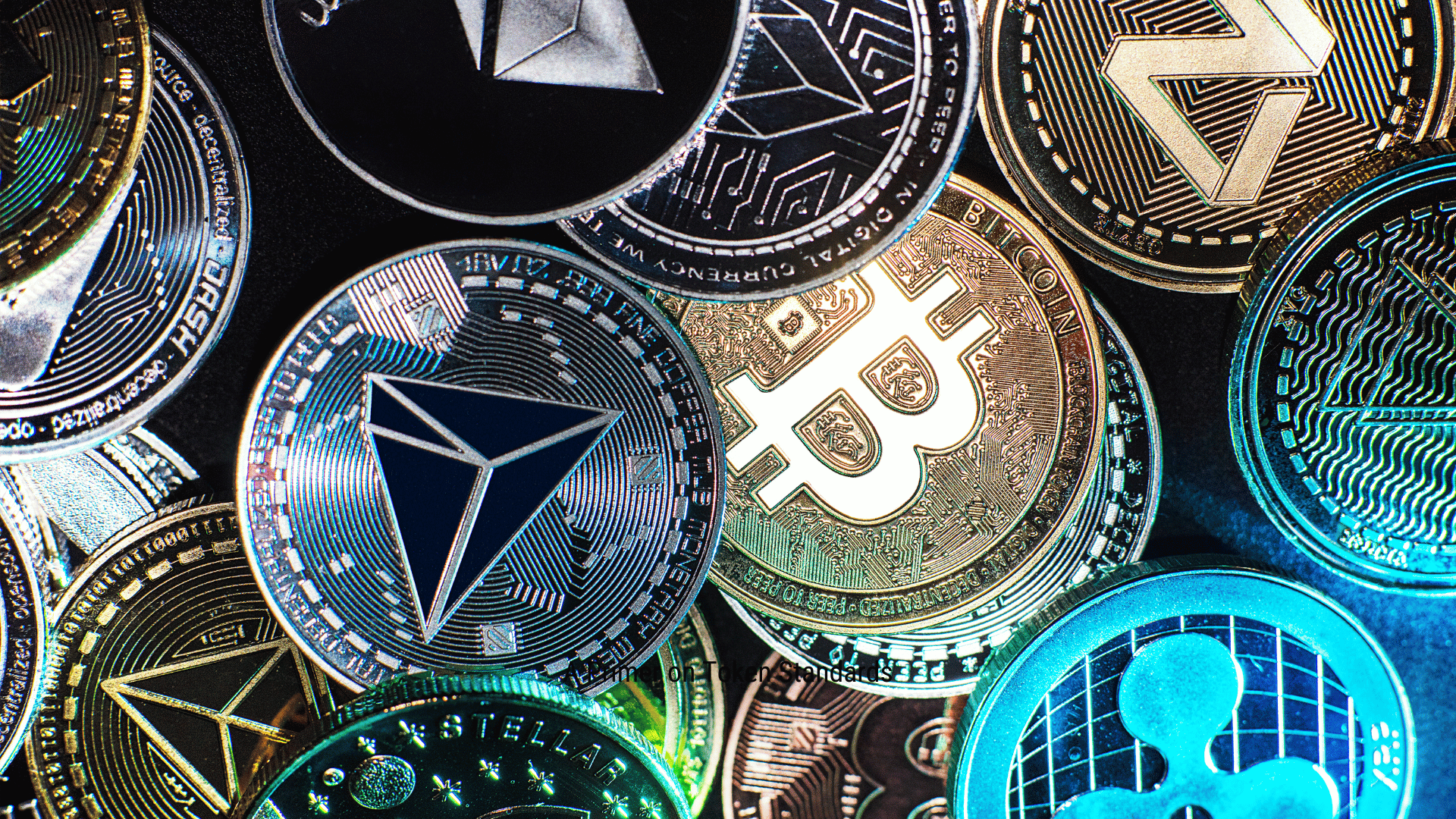Many people are familiar with ERC-20 tokens and know that their favorite NFT is using the ERC-721 standard, but do you actually know what that means? In this brief article, we give context on what an ERC really is and outline some of the most used standards.
Quick Context
ERC stands for Ethereum Request for Comment and is a type of EIP (Ethereum Improvement Proposals). You can review EIPs here. EIPs are documents that explain new features, protocols, or general improvements that aim to enhance the Ethereum network (remember Ethereum is a decentralized network so anyone can draft and submit a proposal to improve the chain). ERCs are EIPs that specifically handle application level standards, including library/package formats, name registries, and token standards (among other things). It is important to note that an ERC is a request for comment. It does not imply that the ERC being proposed is an established standard. However, that does not mean that individuals cannot leverage an ERC prior to it being widely adopted. This post will focus on token standards, but you can review all ERCs here.

Why do we need token standards?
Token standards ensure consistency across applications. Protocols and platforms can develop seamless automated infrastructure with the confidence that it will know how to handle tokens the enter or engage with the service. Without set standards, platforms would need to ensure that each individual token can properly interact or be used with its service, disincentivizing development or scaling. Imagine if every single NFT or cryptocurrency running on a blockchain had different methods for being transferred. Exchanges and platforms would need to build methods for handling each one and we would lose one of the most beautiful value propositions of decentralized technology!
What are the major standards in use today?
While many token standards have been proposed and several have solidified themselves as final standards, a few have become used far more heavily.
The Big Three
- ERC-20: The original token standard. This standard outlines the core function that all fungible cryptocurrencies should use. These functions establish universal concepts such as total supply, current balance, transfer methodologies, and approvals for use by other contracts. While many ERCs have been introduced to improve upon ERC-20, it remains the most popular and widely discussed standard.
- ERC-721: The first non-fungible token standard. Early NFTs like Cryptopunks were actually created before there was a standard to ensure ease of use. In fact, exchanges and protocols must build special rails to support the trading of original Cryptopunks since they do not technically meet the 721 standard. Similar to ERC-20s, the 721 standard determined the basic rules for how non-fungible token contracts should confirm supply, transfers, and other critical aspects of ownership.
- ERC-1155: Often referred to as semi-fungible, ERC-1155 was introduced to blend the former two standards and create a more digestible format for gaming use cases. It has since been leveraged for broader use for tokens that confer similar value or share similar properties outside of defining unique ownership.
Other Standards
Standards are introduced and assessed all of the time. In fact, improvements to ERC-20 have been made by new ERCs like ERC-223 and ERC-777. All final ERCs are established standards that protocols can confidently support (or choose not to support).Things get trickier when interesting standards are in review but are not yet final. Review implies that changes may still be made to the token standard that could materially impact how they are used or interacted with. This creates a tension between early adoption of game-changing standards and certainty of the longevity of the smart contracts that are created. A good example of this today is the introduction of ERC-6551 which aims to establish a standard for turning NFTs into their own token bound accounts that can accept and hold NFTs of their own.
Do I really need to know this stuff?
Maybe! What is important is that you are aware of what these standards are and how they might affect your business. If you are creating digital goods or building protocols on the blockchain, a careful consideration of the various standards is important.NiftyLabs has ample experience across token standards and is more than happy to help advise on what token format might be right for your business. Whether you are just beginning to explore on-chain development or need help improving an existing product,we are just a messsage away!

